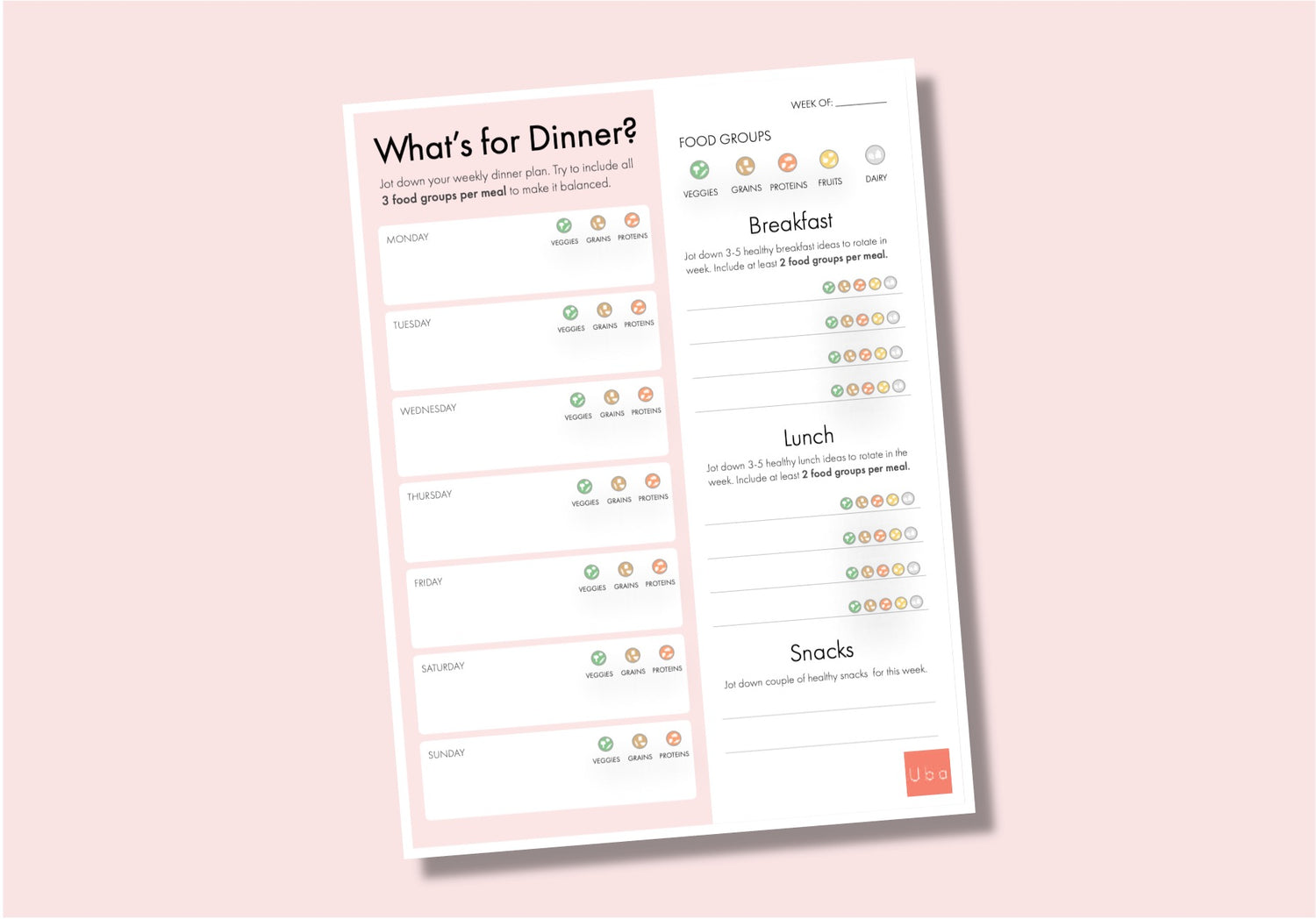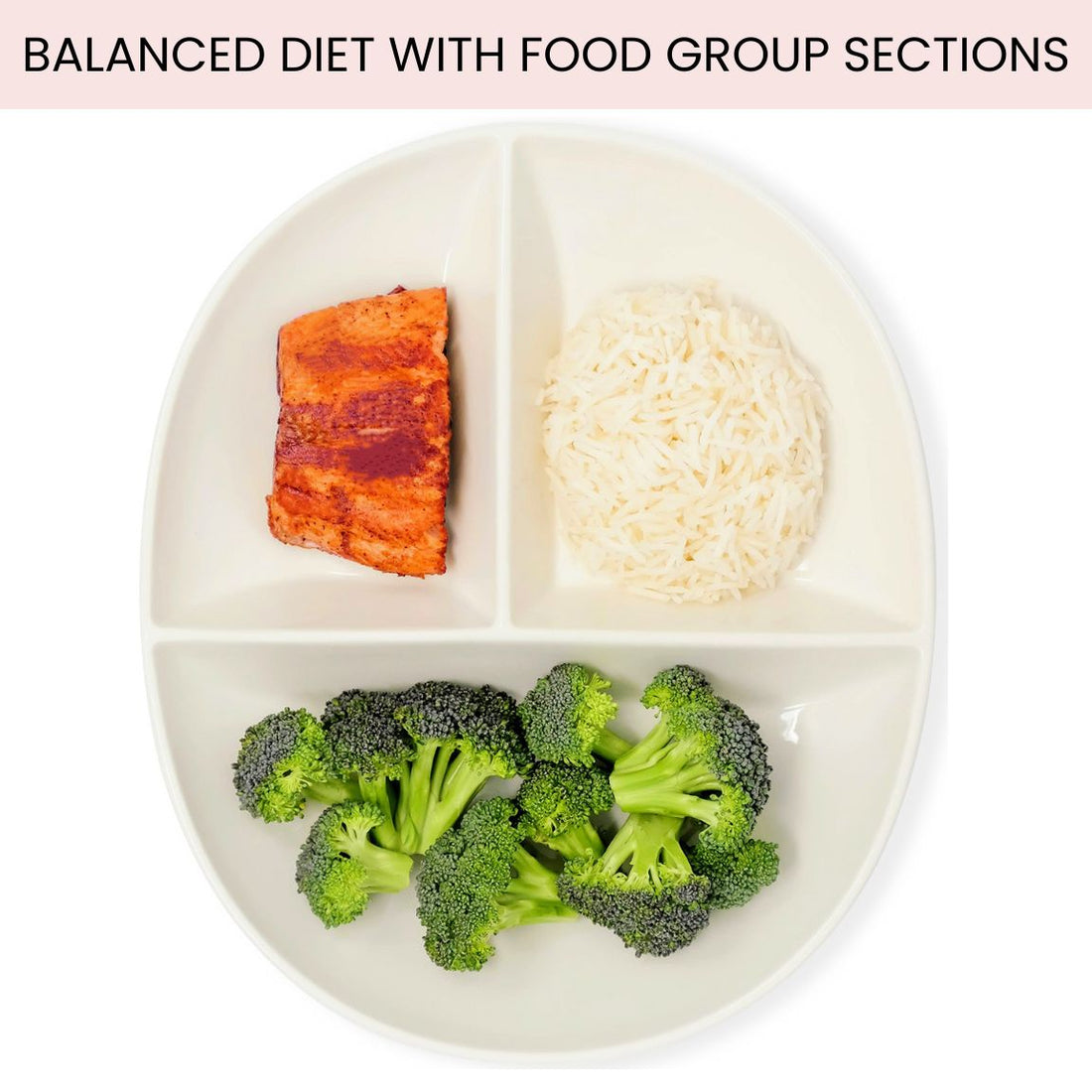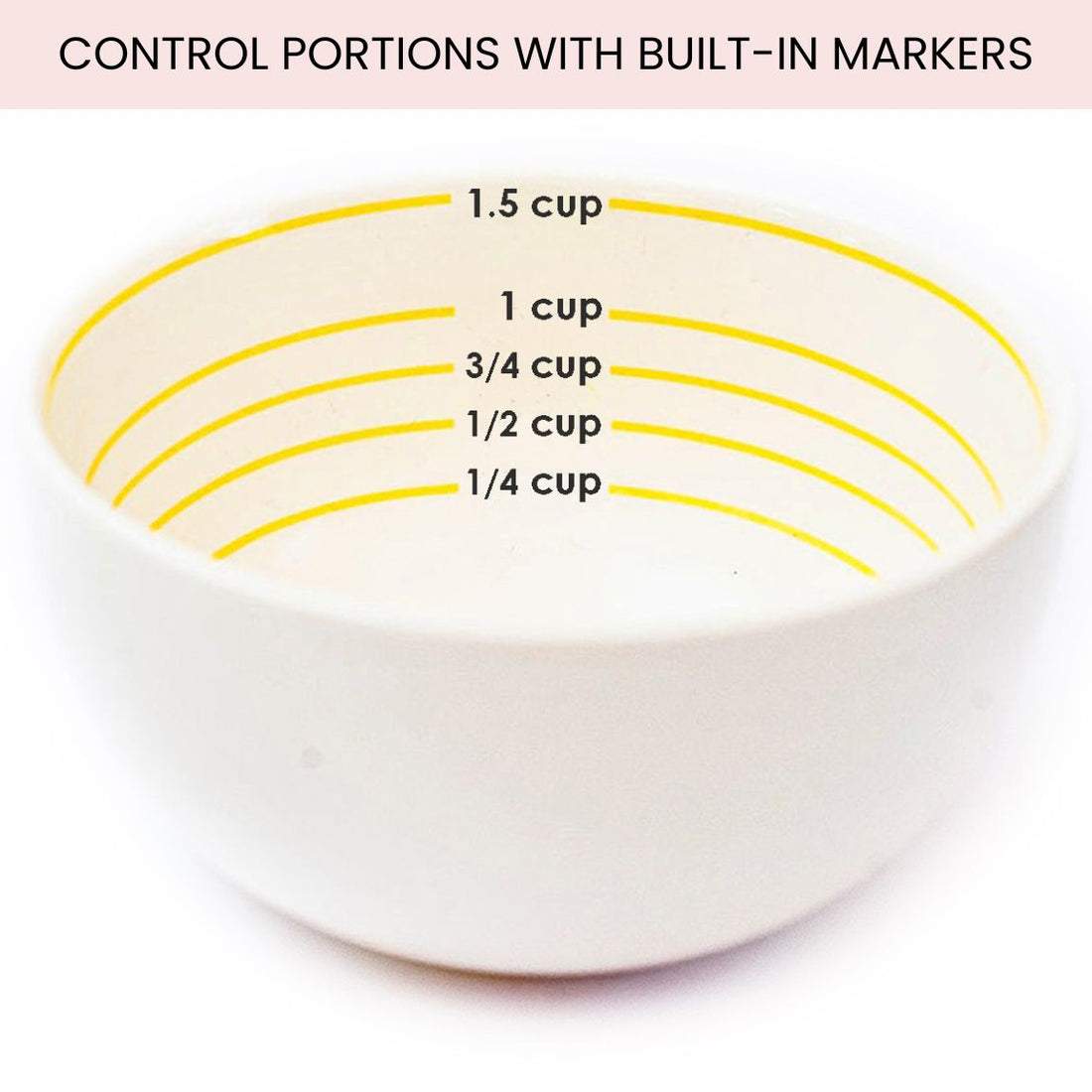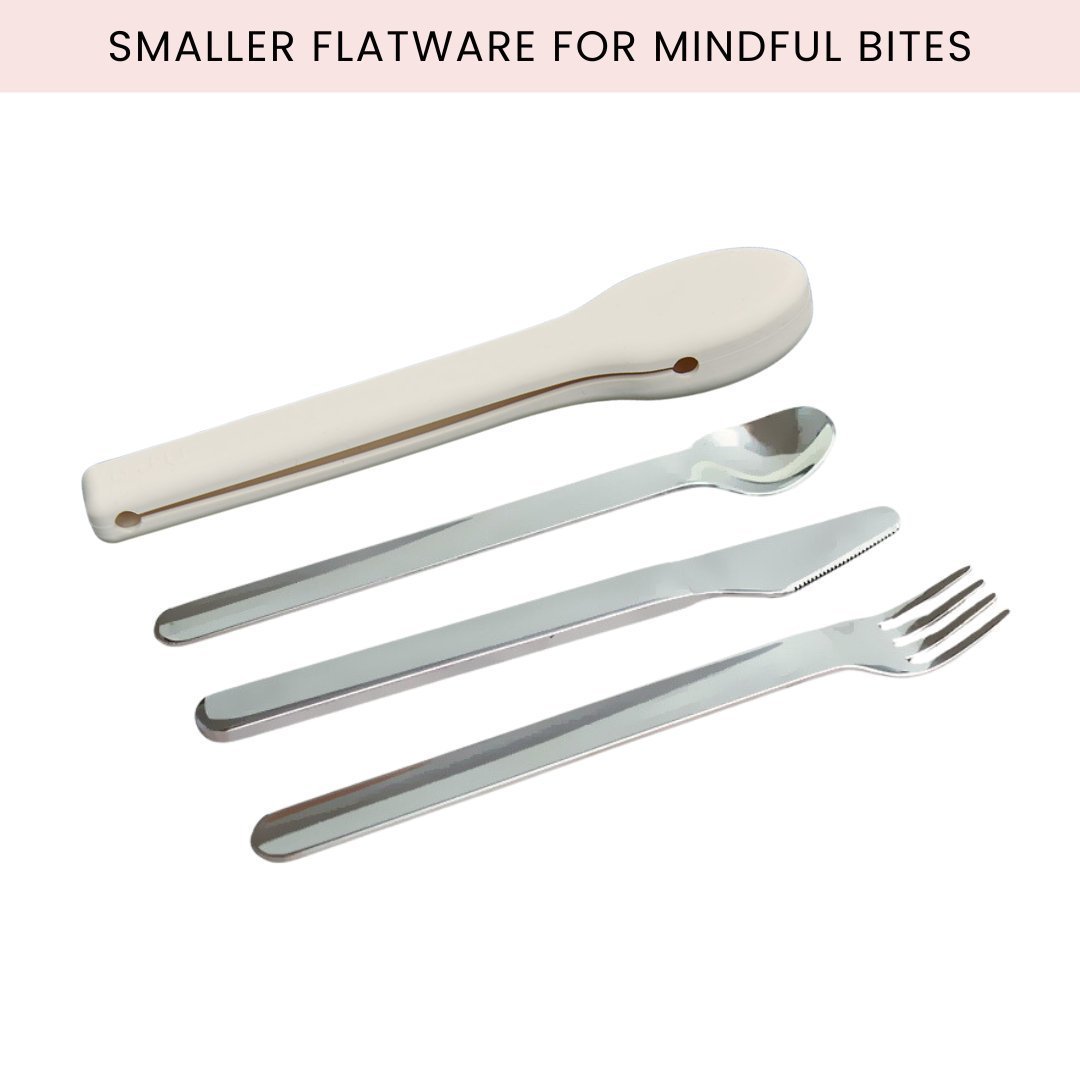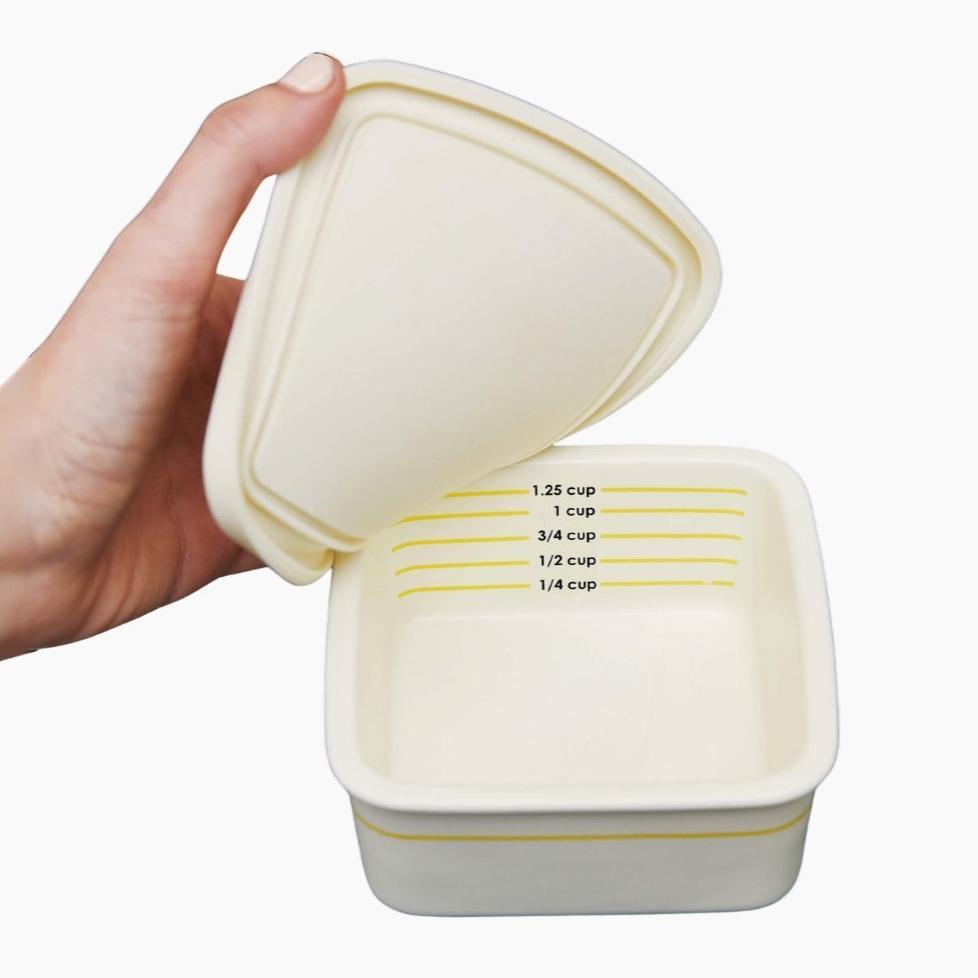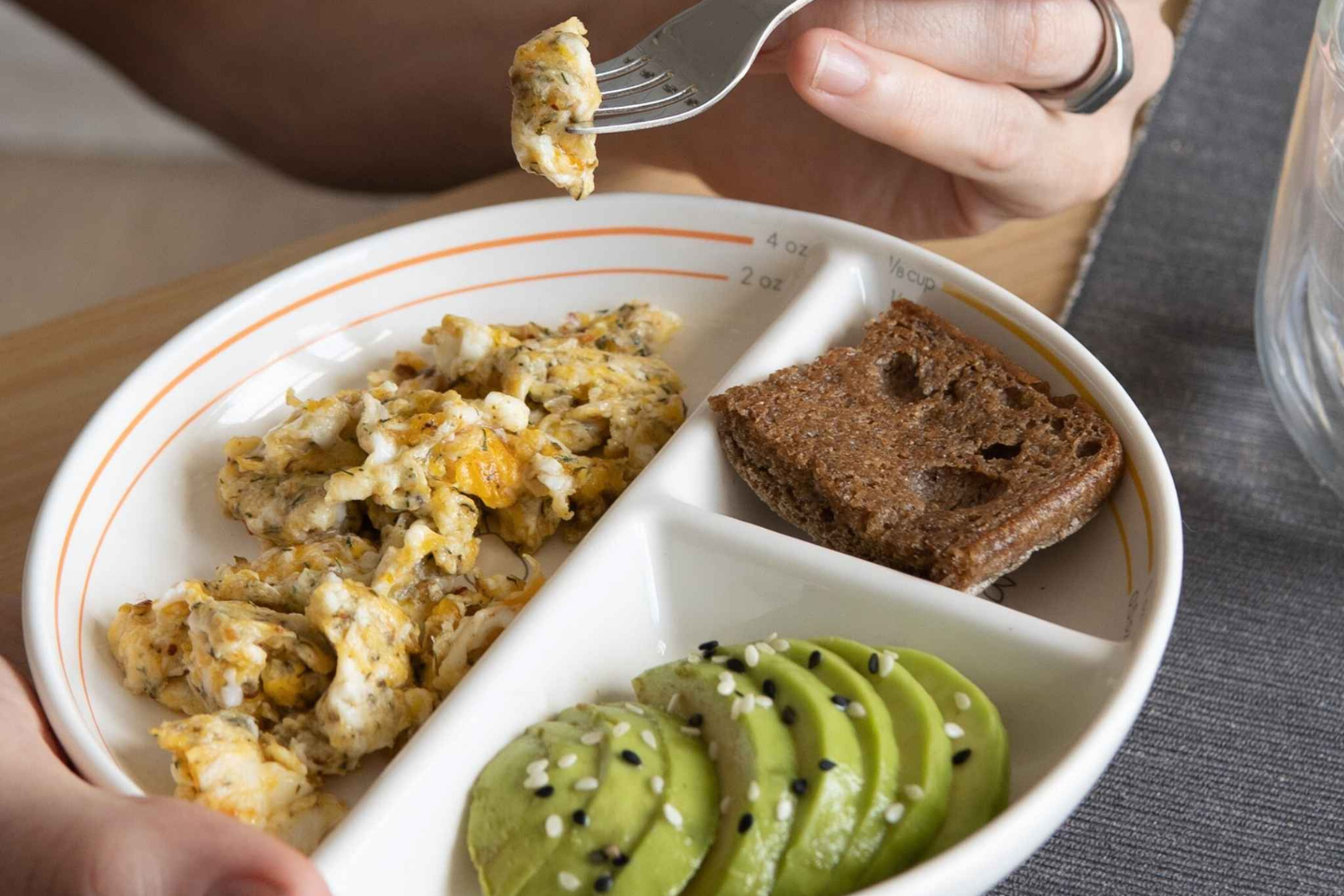Gastric bypass surgery is a major step towards long-term weight loss and improved health, but it’s only the beginning. Life after surgery requires permanent lifestyle changes, particularly when it comes to diet, exercise, and managing your mental well-being. Understanding these changes can help you stay on track and achieve the best results from your surgery.
This blog will guide you through the recovery process, key adjustments in your daily habits, and long-term strategies for living a healthy, balanced life after gastric bypass surgery.
Recovery After Gastric Bypass Surgery
After gastric bypass surgery, your body needs time to heal. The recovery process is gradual and occurs in stages, particularly when it comes to your diet. Returning too quickly to solid foods can cause complications, so following your doctor’s dietary guidelines is critical. Here’s a breakdown of the recovery stages and what to expect.
Post-Surgery Dietary Phases
After gastric bypass surgery, your stomach's reduced size requires a carefully structured reintroduction to food. Here are the stages of post-op eating, designed to help you recover and adjust:
| Phase | Details |
|---|---|
| Phase 1: Clear Liquids | During the first week post-op, you will be restricted to clear liquids such as water, broth, and sugar-free drinks. This helps your stomach heal and prevents any strain on your digestive system. |
| Phase 2: Full Liquids | In the second and third weeks, you’ll move to thicker liquids like protein shakes, smooth soups, and sugar-free yogurt. Ensure you are consuming protein-rich liquids to support healing. |
| Phase 3: Pureed Foods | At this stage, soft and pureed foods are introduced. Think mashed vegetables, soft scrambled eggs, or pureed meats. Eating very small portions (2-4 tablespoons per meal) and chewing well is essential. |
| Phase 4: Soft Foods | In the soft foods phase, you can start incorporating foods like soft-cooked vegetables, canned fruits, and lean, tender meats (like chicken or turkey). Keep your portion sizes small and eat slowly. |
| Phase 5: Solid Foods | After about two months, you can reintroduce solid foods, but this must be done carefully. Continue focusing on lean proteins, vegetables, and other nutrient-dense foods while avoiding hard-to-digest items like tough meats or fibrous vegetables. |
Adjusting to Portion Control and Healthy Eating
Portion control becomes a crucial part of your life after gastric bypass surgery. Your stomach is much smaller, and overeating can lead to discomfort, nausea, or even complications. To succeed long-term, it’s essential to adopt mindful eating practices and make healthier choices.
Key Guidelines for Healthy Eating Post-Surgery
- Small, Frequent Meals: Eat 5-6 small meals a day to prevent overeating and to accommodate your reduced stomach size.
- Prioritize Protein: Aim for at least 60-80 grams of protein per day to maintain muscle mass and support healing. Lean meats, fish, eggs, and plant-based proteins are excellent choices.
- Avoid Drinking with Meals: Drinking liquids with meals can cause your stomach to fill up too quickly, leading to discomfort. Wait at least 30 minutes after eating to drink.
- Chew Food Thoroughly: Chewing food slowly and thoroughly helps prevent blockages and aids digestion. Aim to chew each bite 20-30 times.
- Avoid Sugary and Fatty Foods: Foods high in sugar or fat can trigger dumping syndrome, a condition where food moves too quickly through your digestive tract, causing nausea, dizziness, and abdominal pain.
Incorporating Exercise Into Your Routine
Exercise plays a critical role in life after gastric bypass surgery, helping you maintain muscle mass, support weight loss, and improve your overall health. However, you’ll need to ease into physical activity, especially in the weeks following surgery.
Recommended Post-Op Exercise Timeline
- Weeks 1-2: Focus on light activity, such as short walks around your house. Avoid any strenuous exercises as your body heals.
- Weeks 3-4: Gradually increase your activity level with gentle, low-impact exercises like walking or stationary cycling. Start with 10-15 minutes per day and slowly work your way up.
- Weeks 5-6: Once cleared by your doctor, you can begin incorporating more moderate exercises like swimming, light weightlifting, or yoga.
- After Week 6: Begin building a more regular exercise routine that includes cardio, strength training, and flexibility exercises. Aim for at least 150 minutes of moderate exercise per week.
Exercise not only supports weight loss but also improves cardiovascular health, boosts your mood, and helps maintain muscle mass as you lose weight.
Long-Term Lifestyle Changes
Long after the initial recovery period, maintaining your progress and staying committed to healthy habits will be key to long-term success. Gastric bypass surgery is not a cure for obesity; it is a tool that helps you manage your weight. The success of the surgery ultimately depends on your ability to make permanent lifestyle changes.
Mental and Emotional Health
Gastric bypass surgery often brings significant emotional changes, as well as physical ones. You may feel excited about the weight you’ve lost, but it’s also common to experience anxiety or stress over maintaining your progress. Seeking support through counseling, a support group, or working with a nutritionist or therapist can be incredibly helpful.
Ongoing Medical Care
Regular follow-ups with your healthcare provider are essential to monitor your health and track your progress. Blood tests will help check for any nutrient deficiencies, and your doctor can adjust your supplements as necessary. Staying proactive about your health will help you maintain your weight loss and prevent any complications.
Conclusion: Embracing Life After Gastric Bypass Surgery
Life after gastric bypass surgery is a journey of transformation. While the surgery itself is a powerful tool, long-term success depends on your commitment to maintaining healthy eating habits, exercising regularly, and managing the emotional aspects of weight loss.
By following the dietary phases, prioritizing portion control, and staying active, you can achieve long-lasting weight loss and improve your overall quality of life. Remember, your journey doesn’t end with surgery; it’s the beginning of a healthier, more fulfilling life.


